Market Share
Underwater Acoustic Communication Market Share Analysis
In the competitive landscape of the Underwater Acoustic Communication Market, companies employ various market share positioning strategies to gain a competitive edge and establish a strong presence. One prevalent strategy is product differentiation, where companies focus on developing unique and innovative underwater acoustic communication solutions that set them apart from their competitors. This approach allows companies to cater to specific niche markets with tailored products that address the unique needs of diverse industries such as defense, marine research, and offshore energy.
Market penetration is another common strategy, involving efforts to increase market share by expanding the adoption of existing products within the current market segments. Companies may employ aggressive pricing, promotional campaigns, or strategic partnerships to enhance their reach and capture a larger share of the market. This strategy is particularly effective in regions where underwater activities are on the rise and there is a growing demand for reliable communication solutions.
Strategic alliances and partnerships play a pivotal role in market positioning. Collaborating with other companies or forming alliances with research institutions allows businesses to pool resources, share expertise, and collectively address the challenges associated with underwater acoustic communication. By fostering collaborative efforts, companies can strengthen their market presence and offer comprehensive solutions that meet the evolving needs of the industry.
Global expansion is a strategy employed by companies aiming to tap into new markets and diversify their customer base. As underwater activities increase worldwide, companies may invest in establishing a global footprint, leveraging regional differences in demand and regulations. This strategy requires a deep understanding of local market dynamics and the ability to adapt products to meet specific regional requirements.
Technology leadership is a key market share positioning strategy, with companies striving to be at the forefront of technological advancements in underwater acoustic communication. By investing in research and development, companies can introduce cutting-edge technologies and stay ahead of the competition. Being recognized as a technology leader not only attracts customers but also enhances a company's reputation within the industry.
Customer-centric strategies involve understanding and addressing the unique needs of customers in different industries. Tailoring products and services to specific customer requirements fosters loyalty and can lead to long-term partnerships. Companies may engage in continuous dialogue with customers to gather feedback and incorporate improvements into their offerings, ensuring that they remain aligned with market expectations.
Market share positioning is also influenced by a focus on sustainability and environmental responsibility. As awareness of environmental concerns grows, companies that prioritize eco-friendly solutions for underwater communication can gain a competitive advantage. This strategy resonates with customers and stakeholders who prioritize environmentally conscious practices, contributing to positive brand perception.
Acquisitions and mergers represent a strategic move for companies looking to strengthen their market position quickly. By acquiring or merging with other players in the industry, companies can consolidate their resources, broaden their product portfolios, and enhance their overall competitiveness. This strategy is often employed to achieve economies of scale and enter new market segments.

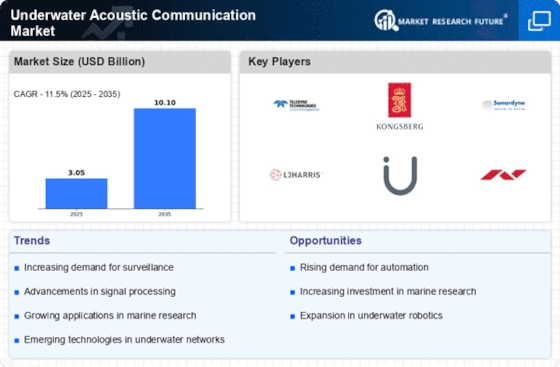
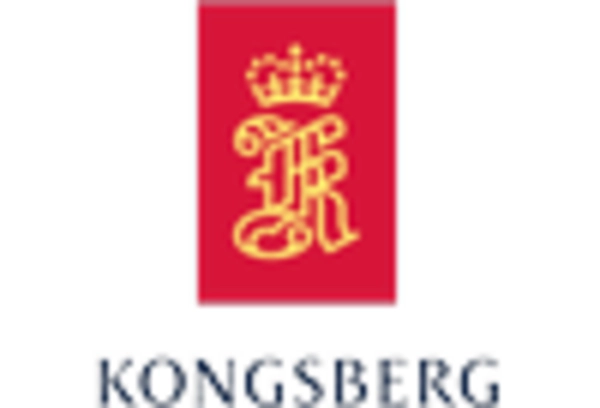
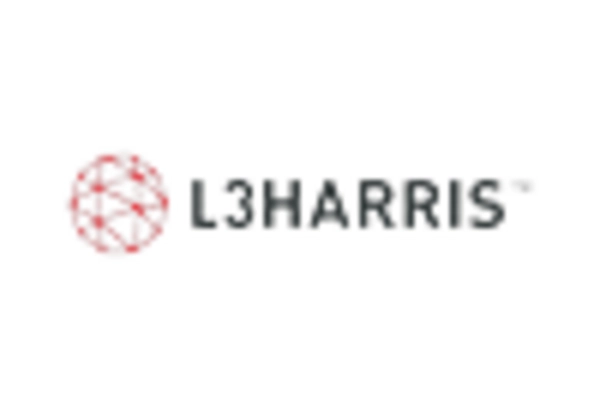
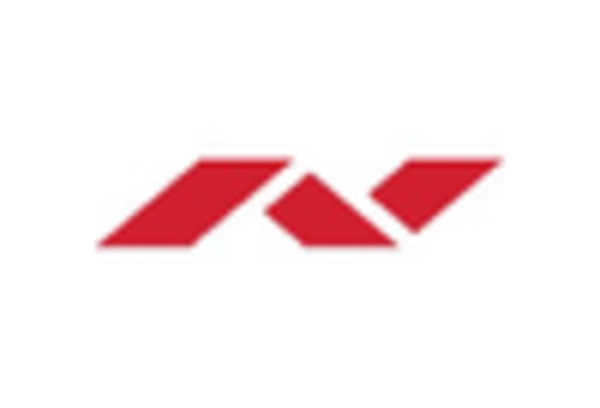
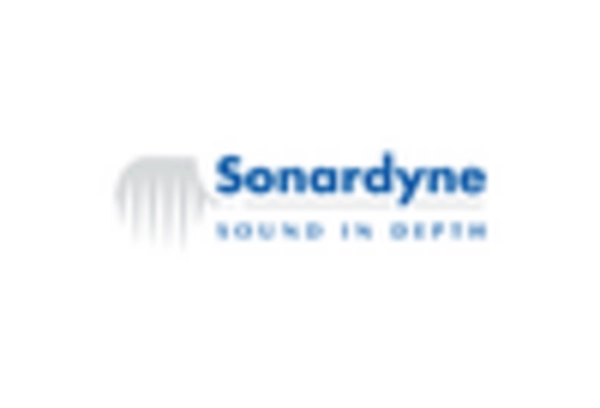
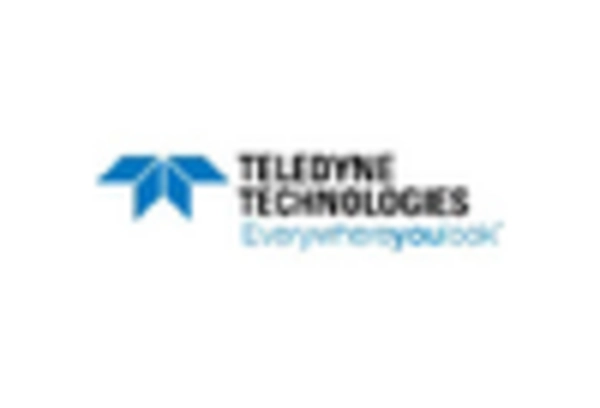
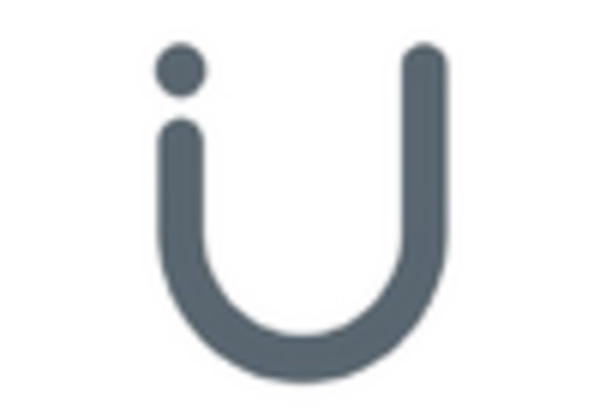









Leave a Comment